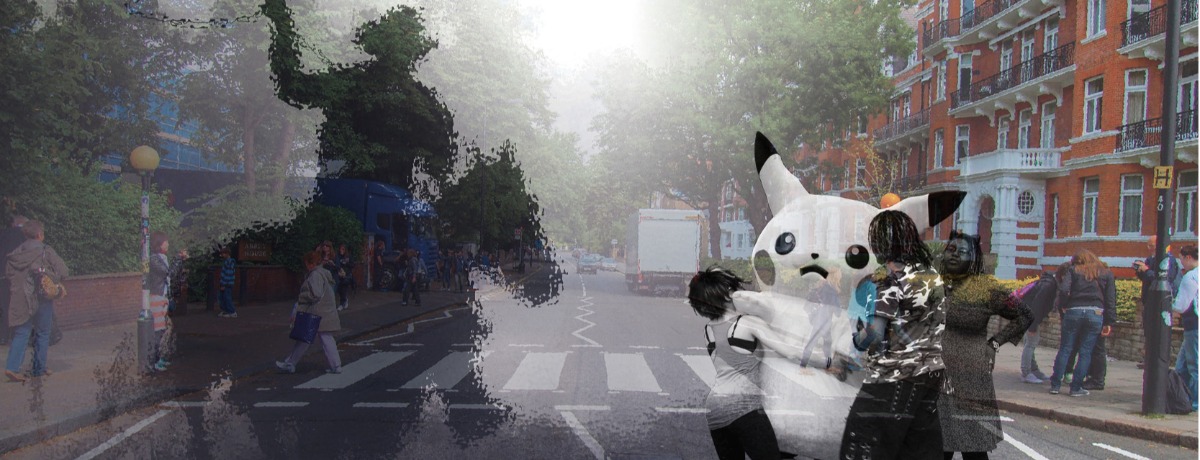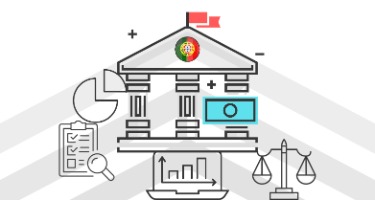Within a few weeks of the debut of Pokémon Go in the summer of 2016, two 20-somethings immersed in the game walked off a cliff in California, four men in Missouri were arrested after allegedly using the game to lure players into an isolated area to rob them, and the management of the Holocaust Museum in Washington, D.C., complained that players hunting Pokémon were disrupting the solemnity of the institution.
As one of the first widespread augmented reality applications, Pokémon Go highlighted potential legal issues for the emerging technologies of both augmented and virtual reality.
As these technologies develop and their use becomes more widespread, attorneys expect to encounter novel legal challenges.
Augmented reality (AR) and virtual reality (VR) are digital technologies that add information to or create an illusion that replaces reality. Tuong H. Nguyen, a principal research analyst at Gartner, explains them in terms of a continuum. There is the physical world in which we exist, which is 100 percent analog, and on the opposite end of the spectrum is VR, which is 100 percent digital. VR can be used to build digital representations of the real world (such as the Grand Canyon) or craft totally imaginary worlds (such as the seven kingdoms of “Game of Thrones”).
To experience full VR today requires a headset, such as the Oculus Rift1 (owned by Facebook), tethered to a powerful PC or game console. These products aim to create a fully immersive experience. However, there are less expensive products, such as Google Cardboard,2 that use a smartphone and produce lower-quality images. AR is a mix of physical and digital realities: it superimposes digital information and images onto the real world, like Pokémon Go shows its characters in real places.
These technologies are still new, but analysts think they will become increasingly common. International Data Corporation projects that shipments of AR and VR headsets will grow from just under a million units in 2016 to almost 100 million in 2021.
And that doesn’t even include smartphone-based applications. AR is already used in industrial applications. Manufacturers can, for example, project digital instructions onto parts to show workers how to assemble a product or a technician how to repair a machine. A study by Boeing showed that AR improved productivity in wiring harness assembly by 25 percent.3 VR is still used primarily for entertainment but is starting to infiltrate the business world. It can be used by companies to hold virtual conferences, by realtors to show houses virtually, and by engineers to design and test products in virtual environments.
It’s new territory, both virtually and legally. “It’s one of those things where the law is just not keeping up with [technology] developments in the real world,” says Robyn Chatwood, counsel at Dentons UKMEA in London. She recently co-authored a report on legal issues surrounding VR and AR.
Health, Safety, and Product Liability
As the examples cited in the introduction show, people can become so immersed in these virtual worlds that they ignore real, physical danger. After the slew of accidents, Niantic Inc., the developer of Pokémon Go, added additional warnings embedded in the software, such as specifically asking players to confirm that they were not driving. But some suspect there could be product-liability lawsuits on the horizon.
And then there are potential health impacts from VR itself. Users can become dizzy and disoriented while wearing a VR headset, which can increase the chance of falling and sustaining injuries, says Nguyen. “Whenever I try a VR headset, I have people supervise me so I don’t trip over wires or run into walls,” he says.
Some are worried about long-term psychological effects as well. A blogger for the European Commission has called for more research into the effects of long-term immersion in virtual experiences, according to the Dentons report.
Intellectual Property
There are several wrinkles here. First, there is the usual legal wrangling among tech companies over IP. For example, Facebook lost an infringement lawsuit brought by an Oculus competitor this year. Beyond that, however, are more slippery issues, like what constitutes IP in the virtual world and what virtual IP rights might apply in the real world, notes Chatwood. If there is a McDonald’s cheeseburger depicted in a virtual world, can McDonald’s argue its trademark was violated? Virtual goods are intangible, so a trademark owner may find that the scope of its trademark covers only real goods, she notes. In the virtual world, the cheeseburger representation is essentially software code, so perhaps companies now need to copyright that software. Another question that’s surfaced is could an IP owner sue for damages if the sale or use of the virtual good doesn’t impact the sale of the real good?
The flip side—virtual IP rights in the real world—gets even more interesting. What if a VR game geo-tags the location of a real building as part of a game, thus sending players to the Chrysler building in NYC or maybe even to a private home? “Who owns the rights to geo-tag real world locations?” Chatwood asks.
Another location-related issue was when a judge declared a Wisconsin ordinance requiring AR game publishers to get special use permits if their apps directed players to county parks as unconstitutional in July.4 The county had instituted the ordinance in an effort to control a deluge of players of the Texas Rope ‘Em! game. The game’s publisher, Candy Lab, sued on First Amendment grounds, saying it amounted to prior restraint of its speech.
Theft and Counterfeiting
What happens when virtual things have real value? In 2013, gamer Steven Burrell was convicted after he “stole” virtual items in the game RuneScape and then sold them for real money in fan forums, according to the Dentons report. Notably, he was convicted of hacking into user accounts—which is how he obtained the items—not of theft.
Another potential twist may be gamers creating and selling counterfeit virtual items. Maybe a gamer pays $1,000 for a “magic sword” on eBay, but finds it doesn’t work when he uses it in the game. Does he have any redress?
Privacy and Data Security
“VR and AR are driven by data,” says Francoise Gilbert, a partner with Greenberg Traurig. “You need a ton of data to make these programs work.”
This can include tracking an individual’s physical movements and geographic location.
The ability to not only collect such data but also to combine it with other user data has raised privacy and security concerns. And with the European Union’s stringent General Data Protection Regulation (GDPR) set to go into effect in May 2018, VR and AR manufacturers need to be increasingly careful, she says.
VR applications rely on shared experiences, notes Chatwood, “which means that users may be sharing their details, such as locations, with other users. Can a user’s VR footprint be linked to their real identification?”
If one player can figure out another player’s identity, he might start stalking the actual person. Gartner’s Nguyen notes that AR programs are capable of recognizing faces and matching them with identities, which means that a perfect stranger could pick you out of a crowd.
In preparation for the new law, vendors are reviewing the data they collect, asking whether they really need to collect it, and figuring out if they are properly obtaining user consent. In the U.S. in particular, vendors tried to collect as much data about the user as possible, “then they’d figure out whether it was actually useful,” says Chatwood. “I’m seeing a change in that approach.”
Virtual Assault
As VR technology advances, it will enable more of the senses, including touch, smell, and taste. Already players wearing exoskeletons and playing a VR game can feel it when they are virtually punched, notes Chatwood. In fact, at least one woman playing a VR game said that she was virtually groped by a male player, according to the Dentons report.
“The women said she felt as violated as if she was assaulted in real life,” says Chatwood. “If you’re the game maker, what can you do to protect her?”
Could a case be made for virtual sexual assault? Some vendors are already considering software code that could protect against such unwanted advances, she says, including “virtual shields, expanded superpowers, or extended personal safe havens to prevent cyber assault.”
As VR and AR technologies mature, attorneys and the courts may be faced with such cases—and probably many more—that have yet to be imagined. “The industry is still discovering what can be done with VR and AR technologies,” notes Nguyen. “As we discover more applications, we will inevitably start to push those legal boundaries.”
----------------------------
1 https://www.oculus.com/rift/
2 https://vr.google.com/cardboard/
3 https://hbr.org/2017/03/augmented-reality-is-already-improving-worker-performance
4 https://arstechnica.com/tech-policy/2017/07/judge-blocks-law-regulating-where-augmented-reality-games-can-be-played/






















